TEHRAN (Bazaar) –Nader Entessar, Professor Emeritus of Political Science from university of South Alabama says that all the signs indicate that the likelihood of reviving the JCPOA before the US mid-term elections is very low and that we should not expect any major push at this time.
“IAEA has never been a truly non-political arbiter in the Iran nuclear dispute. Unfortunately, under the leadership of Rafael Mariano Grossi, the agency has become more politicized than at any other time in the recent past,” Entessar told Bazaar.
Following is the full text of the Bazaar interview with Professor Entessar:
Q: The Wall Street Journal reported that the Biden administration has not made any decision to suspend efforts to reach an agreement with Iran on the nuclear issue. According to these American officials, the preoccupation of the Biden administration with domestic issues has left little time to reach a final agreement with Iran. What is the meaning of the last word?
A: In addition to being preoccupied with a host of intractable domestic issues, including those related to the mid-term congressional elections this November, the Biden administration is also focused on the war in Ukraine and challenging China. Although the JCPOA-related talks have not been suspended, they do not appear to be the principal concern of Biden at this time. Also, the Biden administration may have come to the conclusion that it cannot easily manipulate the current Iranian negotiation team as it did the Iranian team during the Rouhani administration.
Q: Is it possible to revive the JCPOA before the US Congress mid-term elections?
A: All the signs indicate that the likelihood of reviving the JCPOA before the US mid-term elections is very low and that we should not expect any major push at this time.
Q: Iran has announced that Tehran has fully cooperated regarding the three locations alleged by the agency and has sent information and answers to the agency's questions and held dialogue sessions to resolve the ambiguity. What is your assessment?
A: IAEA has never been a truly non-political arbiter in the Iran nuclear dispute. Unfortunately, under the leadership of Rafael Mariano Grossi, the agency has become more politicized than at any other time in the recent past. Unfortunately, under its safeguards agreement, Iran is at the mercy of the IAEA and its assessments and reports. There is little prospect that the current situation will change in the near future and the agency will serve as an albatross around Iran's neck.
Q: Israel is not a member of the NPT and has nuclear weapons and continues to comment on Iran's nuclear issue. Meanwhile, according to the agency's report, Iran's cooperation is under the NPT. What is your assessment of Israel's provocations?
A: Although Israel is not a member of the NPT, it is a very active member of the IAEA. This may sound ironic, but being a member of the IAEA does not require membership in the NPT. From the very beginning, Israel has taken advantage of this and has become the most vociferous opponent of Iran's nuclear program while amassing a formidable nuclear arsenal without being accountable to the IAEA. For whatever reason, Iran has never made Israel's nuclear weapons status an integral part of its negotiations, either before or after it signed the JCPOA. Israel's role as a non-NPT member and a provocative nuclear weapons state should have been front and center in nuclear negotiations with the West from the very beginning.
Q: Even though Iran has withdrawn from some of its JCPOA commitments following the violation of the JCPOA by the United States, those commitments were under the JCPOA that the other party did not fulfill, and Europe also did not make any effort to benefit Iran economically, and the financial channel of INSTEX did not operate either. Therefore, even if the JCPOA is not revived, Iran's nuclear activities have not been in violation of the NPT. What is your assessment?
A: When the United States withdrew from the JCPOA, the agreement became meaningless. The Europeans were able to deceive Iran by concocting mechanisms such as INSTEX, the "Swiss channel," and the like. However, it was clear that without Washington's consent, Europe was (and still remains) a toothless player in reviving the JCPOA. By now, Iran should have learned that its problems with the West are political in nature and will not be resolved through legal mechanisms, including the NPT or the JCPOA.

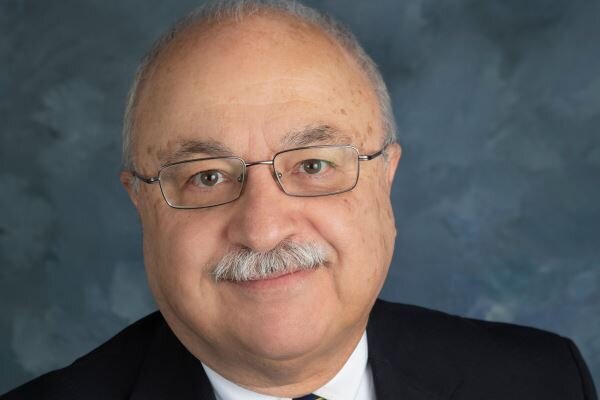





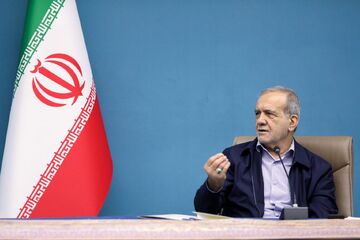
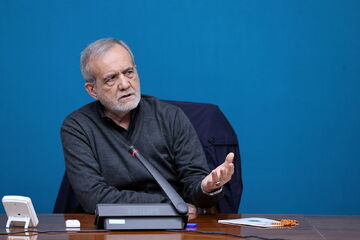
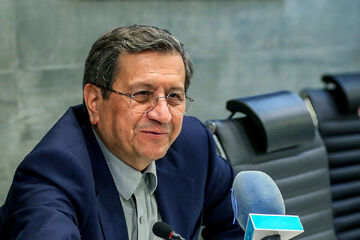



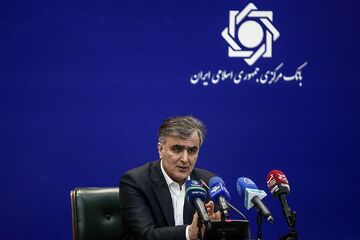
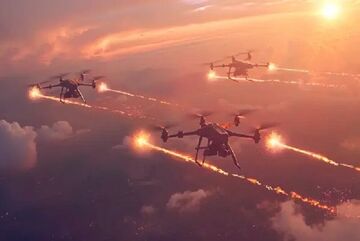

نظر شما